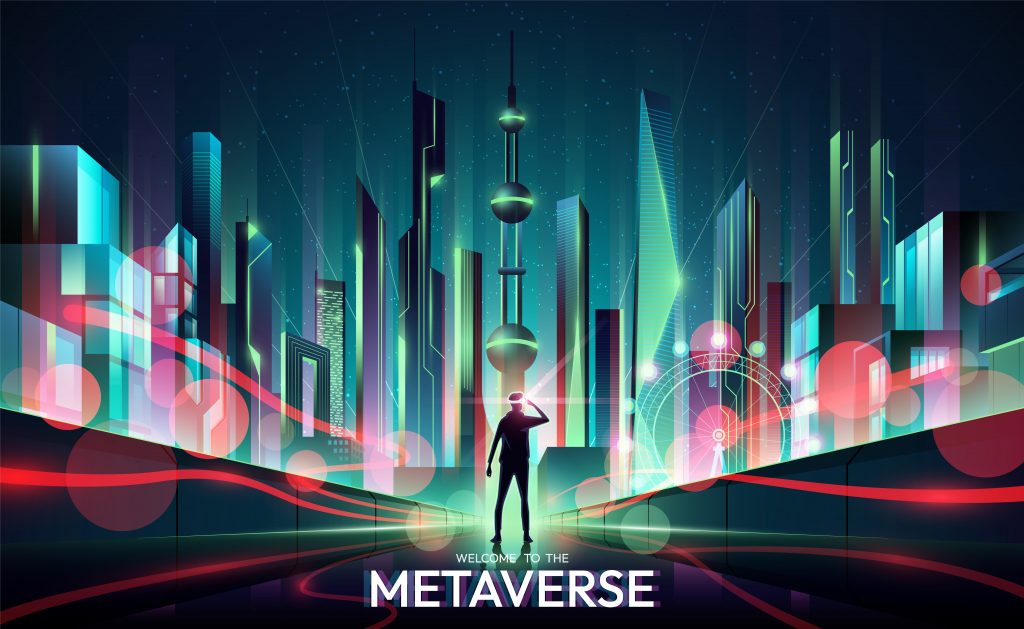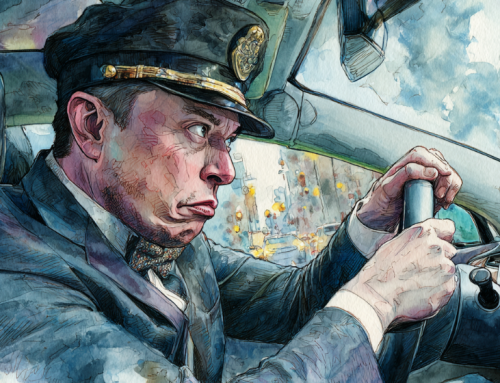
Experts say the Metaverse, which connects social media, content and online personas, will need to be regulated, and is under scrutiny along with AI. (Source: Adobe Stock)
Tech Leaders Expect the Wild West Era of the Metaverse Will to Be Reined in
For many people involved in AI and machine learning, it is long past the time when some rules were created to try to control the limitless power of AI. AI that is used for the wrong reasons is the perfect example of why this idea must be taken up by serious people. And it must not be the old way of relating to AI. Currently, there is a huge trend called the metaverse. The metaverse comes in many languages, many abilities, and for now not many limits or ethical restrictions.
According to a recent Bloomberg Intelligence report, the metaverse is an $800 billion market. Still, others argue about what the metaverse actually is, but with so much money and curiosity surrounding it, it has everyone talking. And remember the metaverse looks much different in other countries around the world.
An article published in techcrunch.com brings center stage some of the reasons for some boundaries in the metaverse and how they might come to be. Facebook CEO Mark Zuckerberg has reinforced the term after renaming his company Meta.
Former Google CEO Eric Schmidt asked recently, “Who gets to set the rules?”
That is the $64,00 question. Who gets to say what is acceptable and what isn’t?
The author of this article is Vasco Pedro and below are a couple of ideas he puts forward on this question.
Understanding the Implications
Because AI algorithms are built by people with biases, they can be created to follow the thought patterns and biases of their creators — which can then multiply. We’ve seen how AI can create gender bias, for example, or how AI can give larger credit card limits to men than women, or that certain ethnicities are more prone to unfair bias.
To create a flourishing and more equitable metaverse, dark AI patterns that can create and perpetuate bias need to be addressed. But who gets to decide? And how can humans avoid bias?
“The solution to mitigate this ‘unchecked AI’ is to develop ethical standards across all organizations. From our view, dark AI patterns can be invasive. Most AI is developed without ethical oversight, and this must change in the metaverse.
Using AI to Translate Messages
As an avid language learner and founder of a company that uses AI and humans to connect people globally, I’m excited by the prospect of everyone becoming super polyglots — able to speak multiple languages — but I’m even more interested in understanding how that AI will work.
In the metaverse, many users will likely be communicating in their own languages, with potential AI-based language translators. Language technology powered by AI can perpetuate bias if we are not careful. We need to be sure that language AI is trained to be ethical as well.
It is clear that the ethics of any AI must begin at the writing and programming level. The oversight needed will not be easy to manifest but it won’t be impossible either.
Look for sensible, ethical, and practical ideas to come in fast and furiously when it comes to writing AI laws for the metaverse. It will happen. Several government agencies in the United States and Europe are already looking into it.
read more at techcrunch.com







Leave A Comment